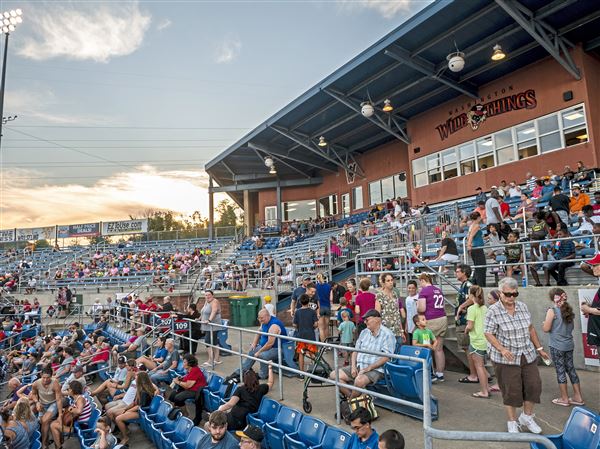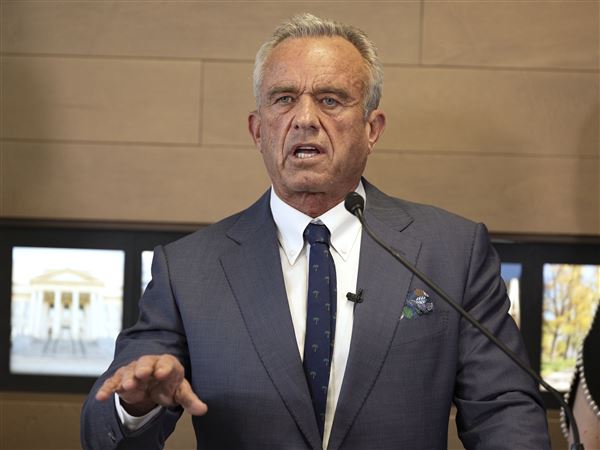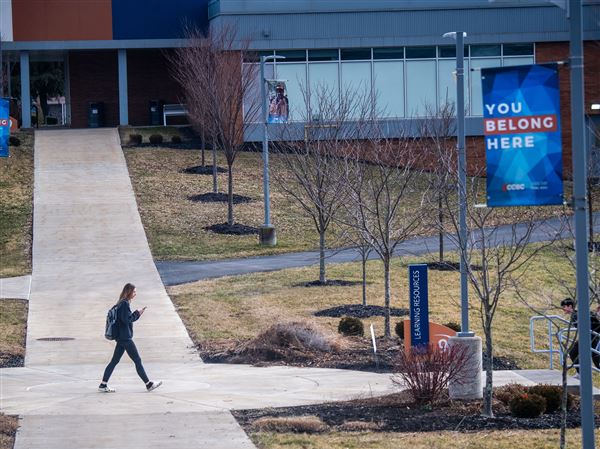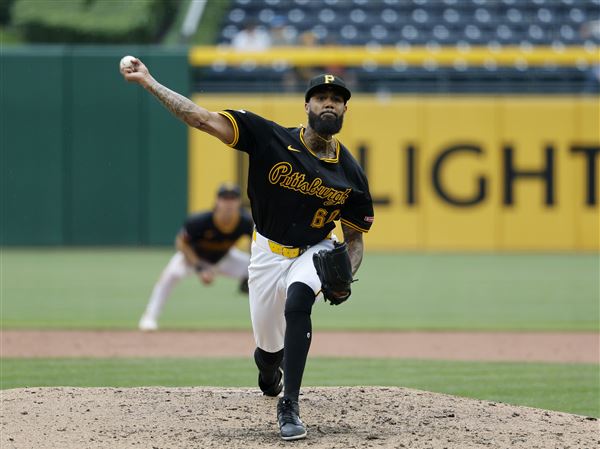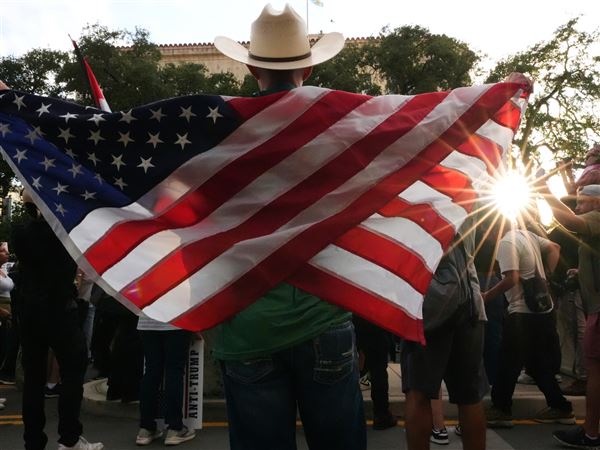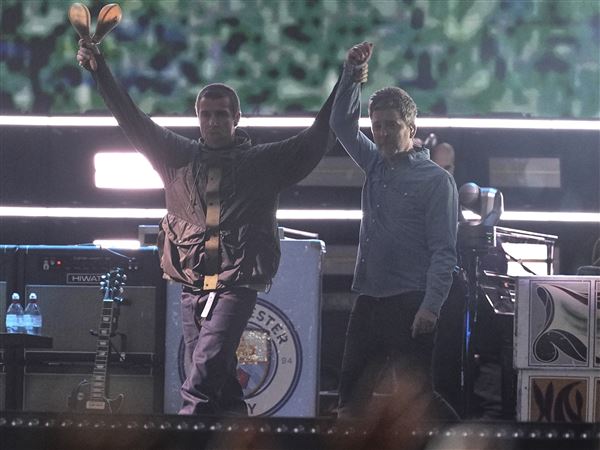Paul Taylor is the author of “The Next America: Boomers, Millennials, and the Looming Generational Showdown.” This first appeared in The Washington Post.
•
If gun control becomes the gateway issue that entices distrustful millennials into the voting booth, America is in for a makeover.
Never before has this country produced a generation with political views and demographic traits so different from those of its elders. On nearly every important issue — immigration, health care, climate change, gender equality, racial disparity, sexual identity, economic inequality, size of government, use of military force, presidential disapproval — millennials are by far our most liberal adult generation.
Ironically, gun control is one of the few issues that has never generated a generation gap. But by dint of their numbers, life stage and core values, millennials have the potential to move the United States beyond the angry stalemate that has seen an aging political class drive policy to the right while a youth-centric popular and commercial culture pushes the rest of society to the left. If millennials start voting at the same rate as older generations, they’ll align policy with zeitgeist.
This will not happen overnight. And it might not happen at all, because most millennials are allergic to politics, skeptical about democracy and wary about human nature. In their young lives, they’ve been leaders or foot soldiers in plenty of progressive protest movements — Occupy Wall Street, Black Lives Matter, “dreamers,” #MeToo, March for Our Lives — but their activism so far has been “more throat than vote.”
Millennials came of age in an era when technology reinvents the world every day, while politics is mired in a toxic mess of gridlock, backlash and recrimination. In the last midterm election, just 20 percent of 18- to 29-year-olds voted. This is fewer than half the share of their elders in 2014 and a third less than the share of their same-aged counterparts who voted back in 1978.
What makes millennials so distinctive and potentially so transformational comes down to a single characteristic: diversity.
About 44 percent of millennials are black, Hispanic, Asian or mixed race. They’re the rainbow created by a modern immigration wave that has brought 60 million newcomers to our shores since 1965, nearly 9 in 10 of them nonwhite.
As immigrants themselves, or as their children, or as the parents of today’s mostly nonwhite cohort of newborns, they’re the generation that will turn the United States “majority minority” by mid-century.
For them, diversity is not just a demographic trait; it’s a core value. The 20th-century metaphor for an immigrant-rich United States — the melting pot — doesn’t resonate with millennials. They want a society in which each person is free to celebrate her or his own unique identity — a mosaic.
Some generations grow conservative as they age. This isn’t likely to happen with millennials. Their political views are too braided to their racial diversity, which won’t change.
Typically, voter turnout rates increase as generations cross into middle age. By 2024, millennials (approximately ages 20 to 37) and the even more diverse cohort of post-millennials will account for nearly half of all eligible voters.
But even then, these younger voters might still punch below their weight in elections, because they’re wary not only of politics but also of people. According to the most recent General Social Survey, just 18 percent of 18- to 24-year-olds say that most people can be trusted. That’s less than half the share of older adults who felt that way in 2016, and the lowest number recorded in the half-century that this question has been asked.
Explanations abound: Millennials live their social lives online, where people aren’t always who they say they are. They’ve grown up in era when that strange kid from fourth period could be the next school shooter. As members of one minority or another, they feel less fortified to deal with the consequences of misplaced trust.
Trust in institutions has nose-dived among all generations, but this deficit of trust in people is unique to millennials. This is worrisome. In an entrepreneurial economy, trust is the grease that keeps the gears from grinding. In a multiracial society, it’s the glue that holds the mosaic together. In a self-governing democracy, it’s a rationale for voting and a predicate for pragmatic compromise.
Millennials have plenty of cause to be disillusioned by the gerontocracy that’s mucked up politics. But they also have cause for hope. In the weeks since the slaughter in Parkland, Fla., the activism of student survivors has triggered a surge in support for gun control — now at its highest level in a quarter century.
The old ways do not yield easily to the new, but generational turnover is inexorable. If millennials can learn to trust their fellow human beings — young and old; conservative and liberal; white, black and brown — they can eventually change more than gun policy. They can reinvigorate our politics, our democracy and maybe even our souls.
First Published: March 24, 2018, 4:00 a.m.
